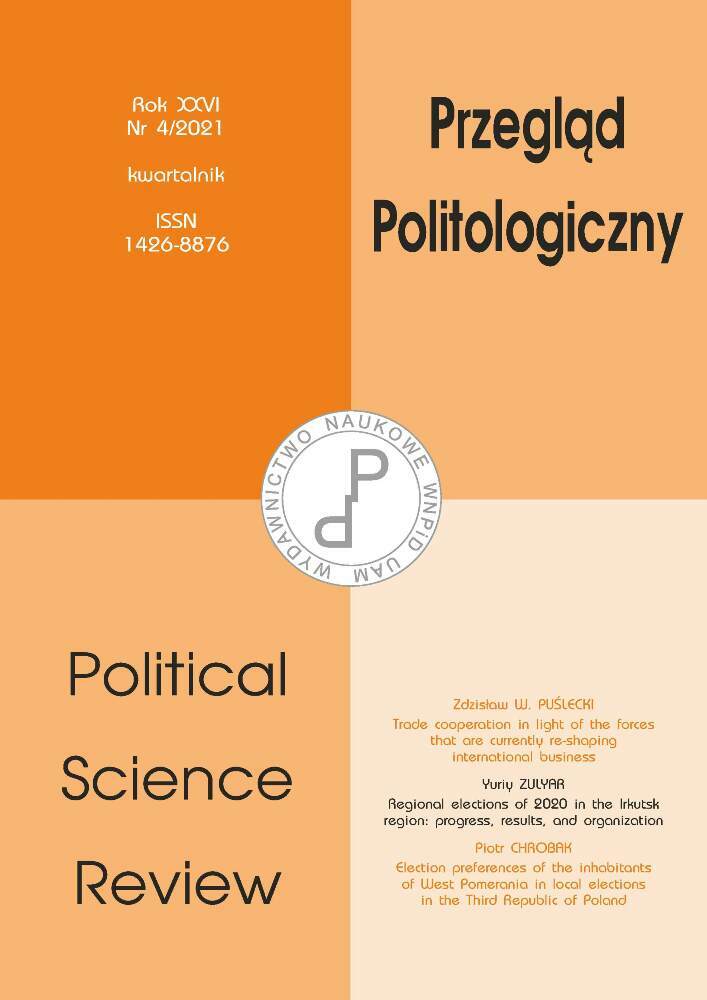Abstract
The covid-19 pandemic disease became part of the study of many scientific disciplines recently since its impact area is large and it threatened millions of lives. One of the important disciplines is public policy since the characteristics may easily influence the spread of covid-19. It is assumed that an individual’s irrational tendencies can increase this spread since they are highly correlated with the most important actions of prevention of the spread such as isolation, wearing a mask, and washing hands. Moreover, public policies can be effective in such a pandemic period if they take into consideration of individual’s irrational tendencies. Hence, in this study the psychological background of why individuals do not follow the regulations that can decrease the spread of covid-19 will be presented: cognitive biases and heuristics.
References
Camerer C. F. (1999), Behavioral Economics: Reunifying Psychology and Economics, “Proceedings of the National Academy of Sciences”, vol. 96 (19).
Ehrlinger J., Readinger W. O., Kim B. (2015), Decision-Making and Cognitive Biases, in: Encyclopedia of Mental Health, vol. 2.
Furnham A., Hua Chu Boo (2011), A Literature Review of the Anchoring Effect, “The Journal of Socio-Economics”, vol. 40(1).
Gonzalez C., Dana J., Koshino H., Just M. (2005), The Framing Effect and Risky Decisions: Examining Cognitive Functions With fMRI, “Journal of Economic Psychology”, vol. 26(1).
Haddad M. (2021), https://www.aljazeera.com/news/2021/2/2/mapping-coronavirus-anti-lockdown-protests-around-the-world, 15.07.2021.
Kahneman D., Tversky A. (1984), Choices, Values, and Frames, “American Psychologist”, vol. 39(4).
Lechanoine F., Gangi K. (2020), COVID-19: Pandemic of Cognitive Biases Impacting Human Behaviors and Decision-Making of Public Health Policies, “Frontiers in Public Health”, vol. 8.
Mohamed K., Yazdanpanah N., Saghazadeh A., Rezaei N. (2021), Cognitive Biases Affecting the Maintenance of COVID-19 Pandemic, “Acta Bio Medica: Atenei Parmensis”, 92(2).
Narinder K. (2020), Covid-19 cognitive bias, https://blogs.bmj.com/bmj/2020/06/09/covid-19-and-cognitive-bias/, 11.07.2021.
Rabin M. (2002), A perspective on psychology and economics, “European economic review”, 46(4–5).
Samuelson W., Zeckhauser R. (1988), Status Quo Bias in Decision Making, “Journal of Risk and Uncertainty”, vol. 1(1).
Sevgin M. (2020), Public Policy Implications of Cognitive Biases and Heuristics, “The Journal of International Social Research”, 13(72) (as cited in Madrian B. C. (2014). Applying Insights From Behavioral Economics to Policy Design, “Annu. Rev. Econ.”, vol. 6 (1)).
Simon H. A. (1955), A Behavioral Model of Rational Choice, “The Quarterly Journal of Economics”, vol. 69(1).
Simon H. A. (1972), Theories of Bounded Rationality, “Decision and Organization”, vol. 1(1).
Smith A. (2010), The theory of moral sentiments, “Penguin”.
Soofi M., Najafi F., Karami-Matin B. (2020), Using insights from behavioral economics to mitigate the spread of COVID-19, “Applied health economics and health policy”, vol. 18(3).
Thaler R. H., Benartzi S. (2004), Save More Tomorrow™: Using Behavioral Economics to Increase Employee Saving, “Journal of Political Economy”, vol. 112(1).
Tversky A., Kahneman D. (1981), The framing of decisions and the psychology of choice, “Science”, vol. 211(4481).
Wilke A., Mata R. (2012), Cognitive Bias, “The Encyclopedia of Human Behavior”, vol. 1.

